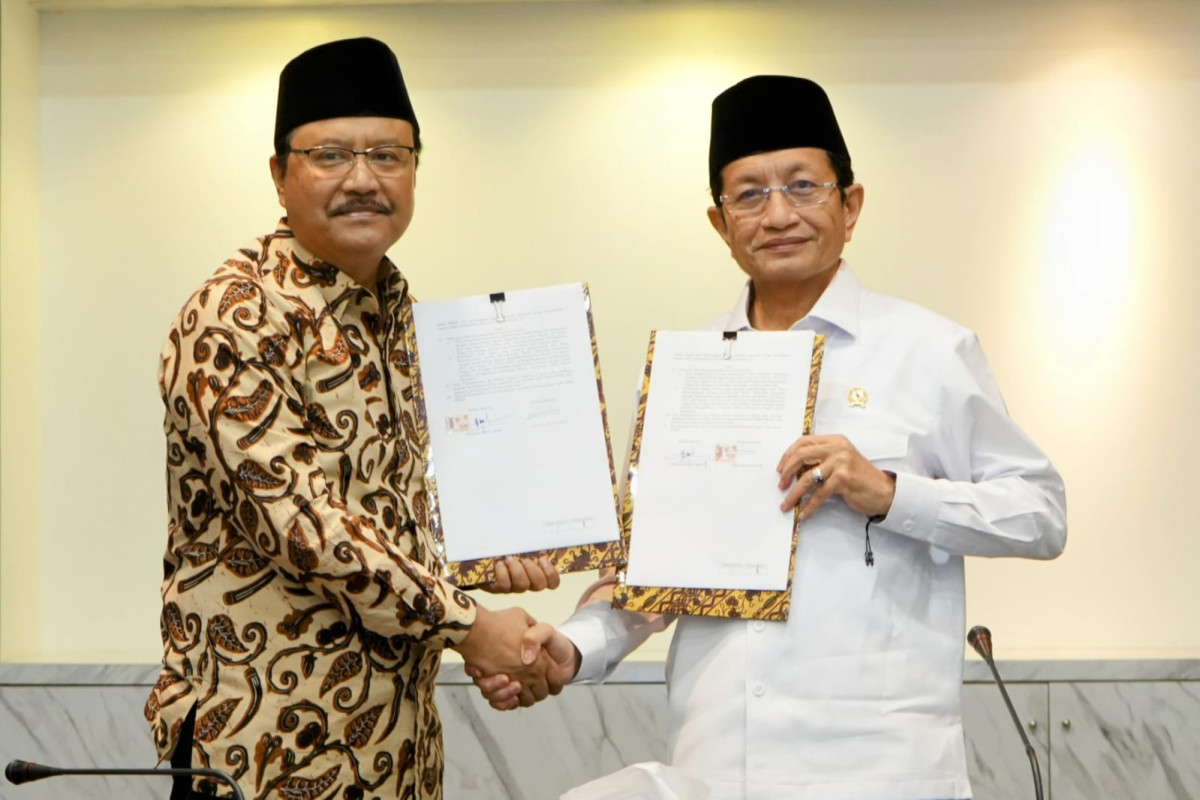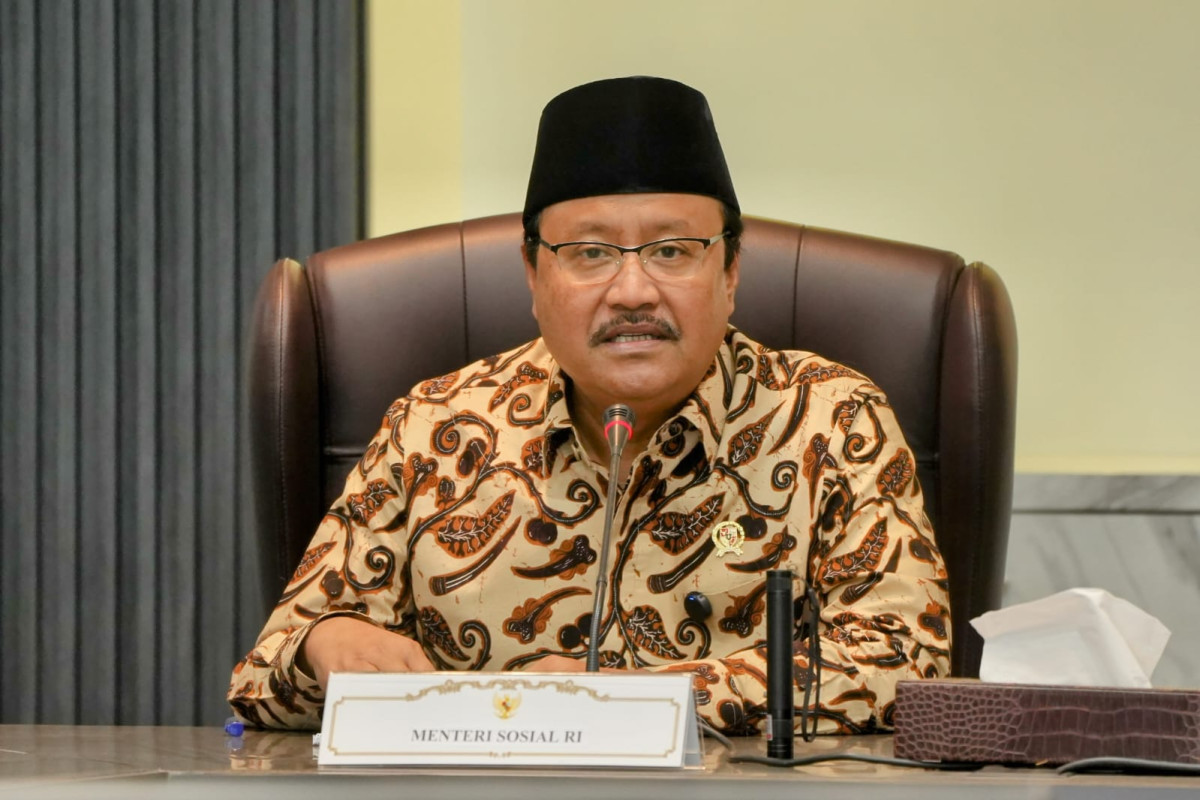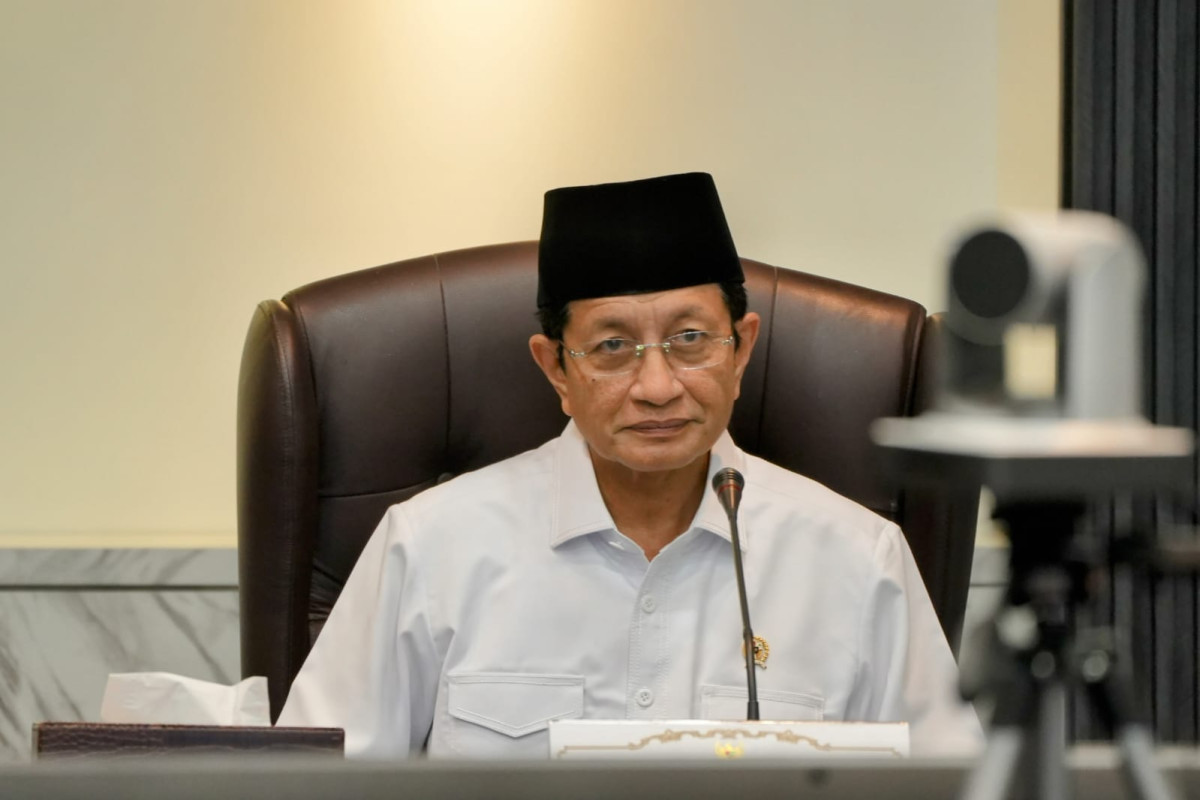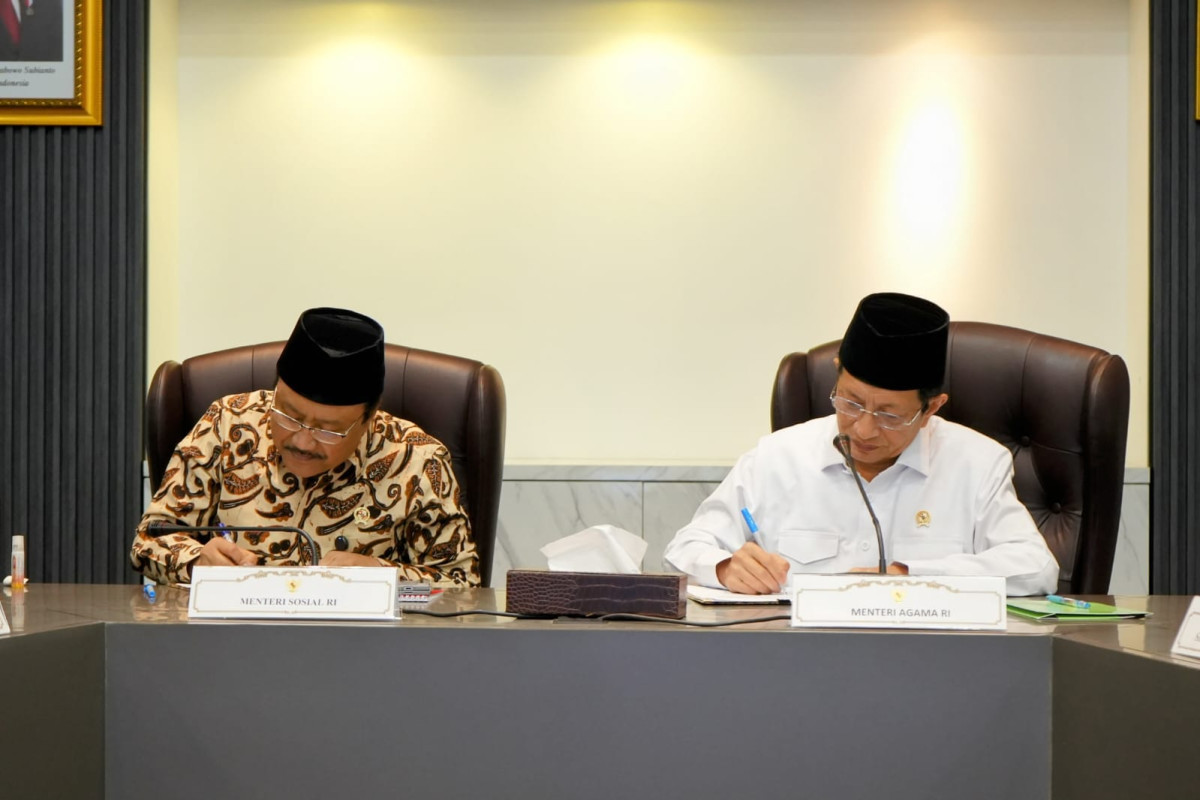JAKARTA (March 11, 2025) – Ministry of Social Affairs (MoSA) is collaborating with Ministry of Religious Affairs (MoRA) to make community school and poverty alleviation programs a success. The cooperation between the two institutions is officially stated in a memorandum of understanding.
"Our presence here is for coordination to strengthen cooperation, especially in carrying out tasks related to poverty alleviation and community school," said Minister of Social Affairs Saifullah Yusuf or Gus Ipul at the office of MoRA, Jakarta, Tuesday (3/11/2025).
Gus Ipul explained that the synergy between the ministry he leads and MoRA is very important because the direction of MoSA' work is in line with the mandate of Article 34 of the 1945 Constitution, which states that the poor and neglected children are cared for by the state.
On the other hand, handling the poor also includes the spiritual realm. As stated in Law Number 13 of 2011 on Poverty Reduction Management, it is stated that the form of handling the poor includes developing self-potential in the form of mental, spiritual, and skills guidance, in which there are spiritual values that are closely related to the field of duty of MoRA.
"Well, what is rarely quoted by many parties is Article 1 Paragraph 1 of Law Number 11 of 2009 on Social Welfare, which states that social welfare is a condition where material, spiritual, and social needs are met. So there is spirituality, so my presence here is to develop interventions in the spiritual field and must be with MoRA," said Gus Ipul.
Gus Ipul added that in addition to the issue of social welfare, the cooperation established with MoRA also includes plans to establish community school throughout Indonesia, which are intended for children from poor families.
"So we were assigned by the President to organize community school. The students come from poor and extremely poor families," said Gus Ipul.
He emphasized that the presence of public schools is a form of the state honoring the poor and facilitating the rise of the common people. "Because during 100 years of Indonesian independence, without the rise of the common people and the rise of poor families, social welfare will not be achieved," he said.
Based on this foundation, the state provides access to special education for children from poor families with the concept of boarding and free from elementary to high school levels.
Gus Ipul said that in fact there is intergenerational transmission of poverty in Indonesian society. Many parents with low education who live in poverty tend to have children with low education in the future. On that basis, public schools will later function as a breaker of the chain of poverty transmission.
"We want to produce graduates who are intelligent, intellectual, have strong character, and are mentally strong. Children who live in poverty, if given the opportunity, will become tough children," said Gus Ipul.
He gave an illustration that if every year there are 100 Public Schools with a capacity of one thousand students that can be built, then in five years there will be 500 thousand poor children who become agents of change to change the standard of living of their families. "This is how we will break the transmission of poverty through Community School education process," said Gus Ipul.
Gus Ipul said that the role of MoRA is vital in making the poverty alleviation program through Community School a success. One of them is by utilizing the potential of madrasah and religious schools under the auspices of MoRA. "Like yesterday, community madrasah were proposed. So later, if there are Community School, in MoRA there will be Community Madrasah," said Gus Ipul.
On this occasion, Minister of Religious Affairs Nasaruddin Umar stated that cross-sectoral cooperation is needed to break the chain of poverty, especially in the education sector. He said that MoRA has 42 thousand madrasah/religious schools that can be optimized to support Community School, as a priority program of the President.
"The most real Community School is madrasah. Of the 42 thousand schools, 60 percent are madrasah managed by the public/community that need to be developed further through Community School Program," he said.
He considered madrasah very worthy of being used as Comunity Schools considering their existence that is already rooted in society. "Madrasah must be supported, it can be empowered," he said.
The results of the meeting and signing of the MoU between Minister of Social Affairs Saifullah Yusuf and Minister of Religious Affairs Nasaruddin Umar will be followed up by each technical team that will collaborate to make the poverty alleviation program a success through interventions in the education sector, through Community School.
 Bahasa
Bahasa
 English
English





